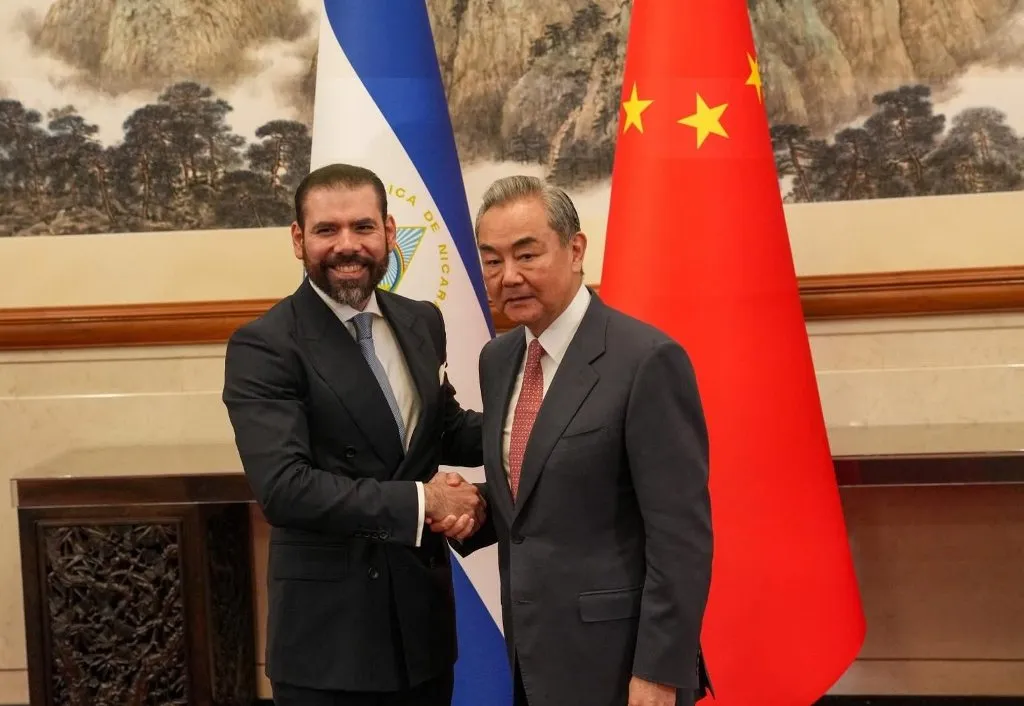Copyright qcostarica

Q24N — During the 18th China-Latin America and Caribbean Business Summit, Laureano Ortega Murillo announced that all Chinese companies establishing themselves in Nicaragua will be exempt from all taxes, including income tax, value added tax (VAT), dividends, and import duties. According to the new Belt and Road Special Economic Zones Law (Ley de Zonas Económicas Especiales de la Franja y la Ruta), Chinese companies will also have preferential access to state resources and infrastructure, reduced energy rates, and “terrenos estatales” (state-owned land) for industrial projects. In August, the Nicaraguan National Assembly approved a law that any land, building or body of water in Nicaragua within 15 kilometers of its borders is state property and be “under the protection of the Nicaraguan Army” and that its ownership belongs to the State, without specifying in what cases or conditions current uses may be maintained by individuals, companies or communities. Ortega stated that this alliance will generate “thousands and thousands of jobs for the Nicaraguan people” and reaffirmed his political support for the Xi Jinping government. However, economists and opposition voices warn that this law deepens a model of subservience, reducing national sovereignty and the country’s fiscal control. Nicaragua hopes that China will become one of its main suppliers of raw materials, inputs, capital goods, consumer goods, machinery, and equipment, among others, and a buyer of Nicaraguan agricultural exports, and that it will invest in the establishment of companies in free trade zones. According to the initiative, the Special Commission that will be in charge of the Directorate of the Zonas Económicas Especiales (ZEE) — Special Economic Zones Regime — will be made up of seven officials and will be headed by the presidential advisor for the Promotion of Investments, Trade and International Cooperation, a position held by Laureano Ortega Murillo, son of the dictatorial couple, Daniel Ortega and Rosario Murillo.



